Black Friday loyalty programme shoppers in 2020 spent significantly more than in previous years on items to show their love and appreciation for friends, family and themselves. At the same time, spending on traditional Black Friday categories like electronics and appliances, and luxury, fell. November 2020 also saw rising traveller confidence, with consumers booking trips over three months in advance.
The new data comes from Collinson’s global network of loyalty commerce platforms which provides access to over 300 million loyalty programme members across 24 loyalty online shopping portals and saw a 10 per cent increase in unique shoppers this year on Black Friday, compared to 2019.
Spending on gifts for loved ones
This year’s Black Friday figures indicate that in a year when many people have been unable to physically gather, consumers are using their spending power to purchase gifts and flowers for loved ones. Spending on flowers, chocolates and other items from gift retailers rose 29 per cent in 2020 in comparison to the same period last year, as consumers chose to take advantage of the pre-Christmas offers to show their love and care, rather than spending on the traditional big-ticket items normally purchased on Black Friday and the surrounding weeks.
Self-care supersedes traditional Black Friday categories
While traditionally Black Friday and the surrounding weeks are a time to purchase big-ticket electronics, in 2020 spending in this category fell 11 per cent. This is possibly an effect of big electrical spends earlier in the year when, due to COVID, many people prepared to cook, work and entertain themselves at home; leading sales of electronics and appliances to grow 32 per cent year-on-year (YoY) in the first half of 2020.
On the other hand, spend on self-care was up. Consumers saw to their wellbeing needs in terms of working out, with sports and fitness retailers seeing a 104 per cent jump in spend YoY, while health, wellness and beauty products was up 46 per cent. This indicates a shift in consumer spend due to ongoing closures of beauty salons, the general stressors of the pandemic, and consumers’ increasing interest in personal health and wellness at this time.
Clothing and fashion retailers, meanwhile, saw spending rise 59 per cent from the Black Friday period last year.
Travel confidence on the rise
From March 2020, travel purchases fell significantly. Where travel spending did occur, it was primarily for short-term bookings occurring less than 60 days from purchase date. However, in November 2020 the average number of days from purchase increased to 97. The willingness of consumers to book travel over three months out points to rising traveller confidence, potentially off the back of positive news around testing initiatives and the vaccine. In comparison, the average number of days from purchase to holiday was 153 in November 2019.
James Berry, commercial director, Valuedynamx at Collinson, said, “This year’s Black Friday numbers are yet another indication of how much consumer shopping habits within the loyalty programme landscape have evolved amidst the COVID-19 pandemic. We’ve seen the need to be very nimble in reacting to changing consumer demand across the traditional retail categories, working closely with retailers to align their rapidly changing strategies and budgets, which are reflected in tandem with the programme’s goals and objectives to provide relevant everyday offers. Loyalty commerce is an increasingly key way for brands to drive engagement with consumers via an agile ecosystem that can grow and change alongside consumers’ evolving behaviours and needs.”
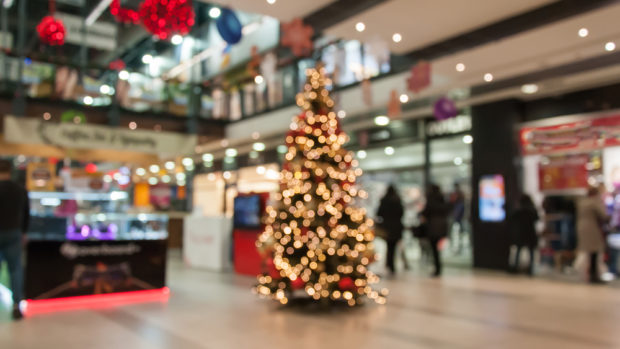


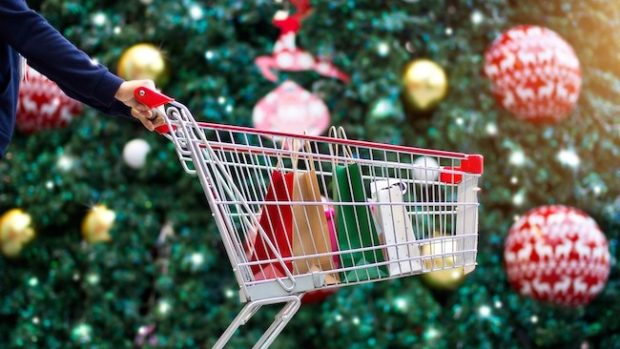
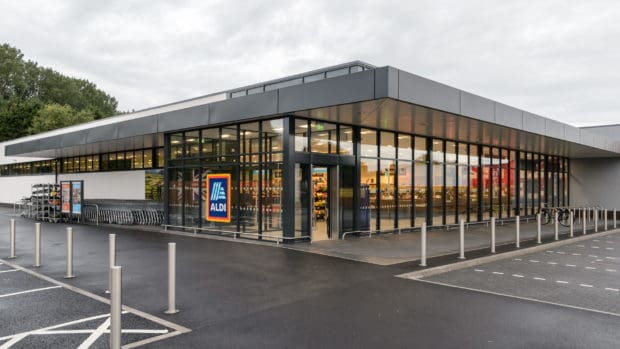
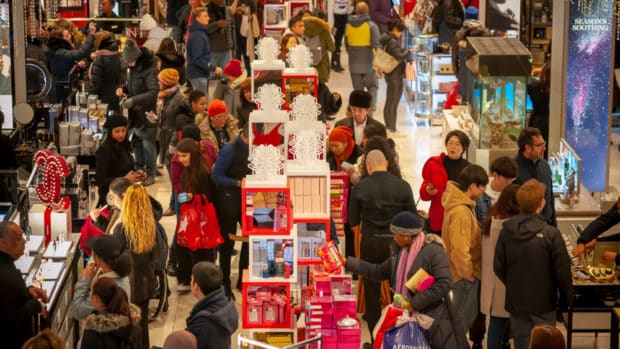
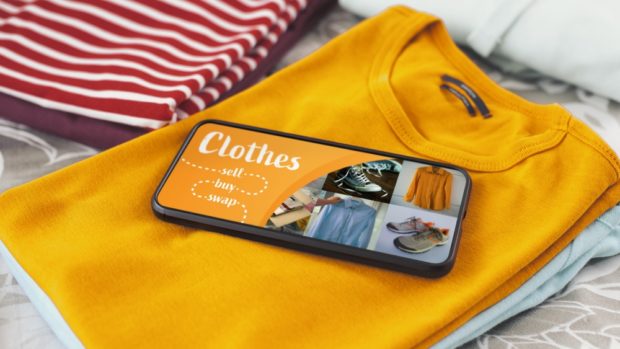

Share